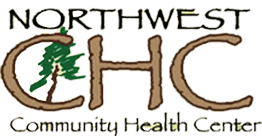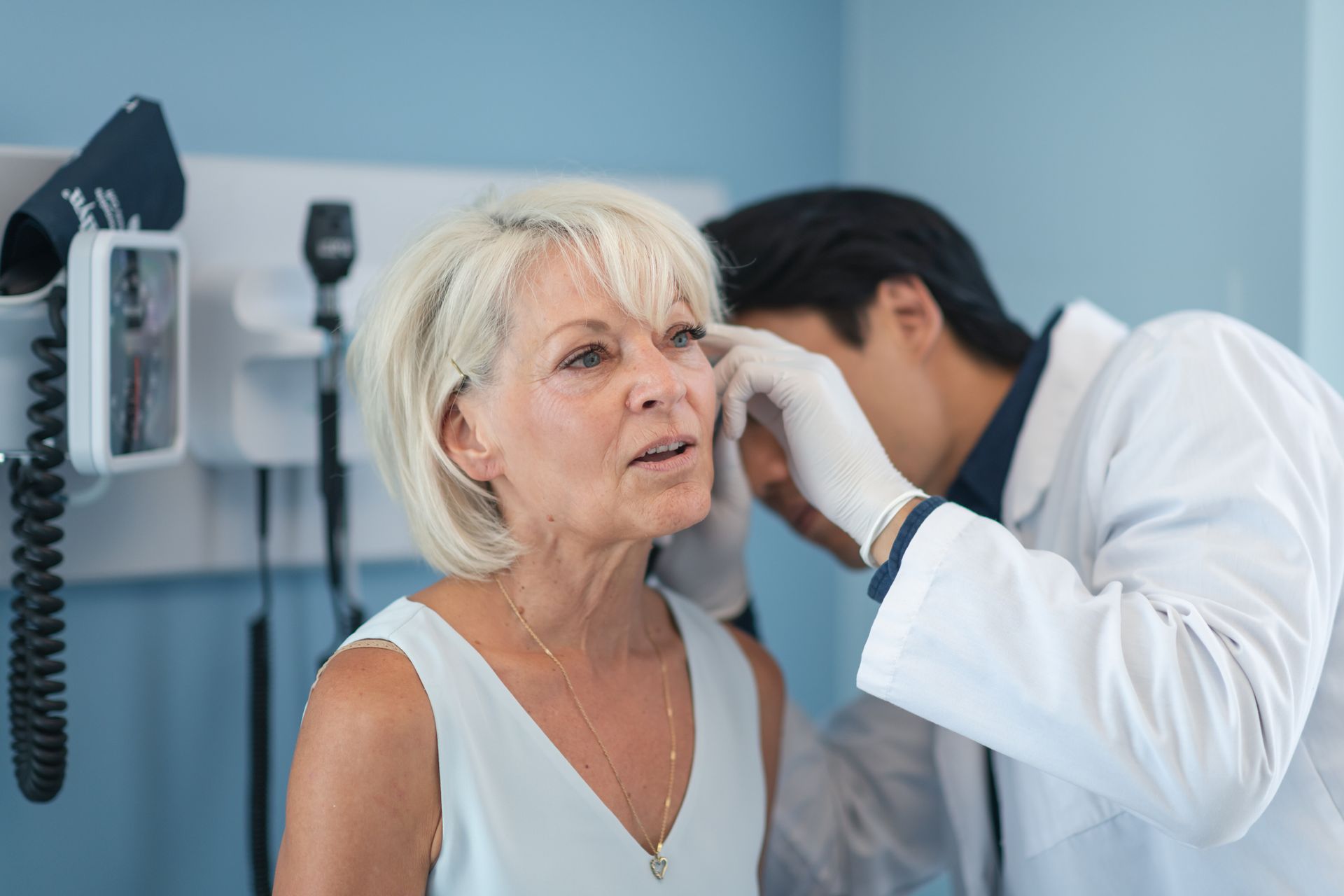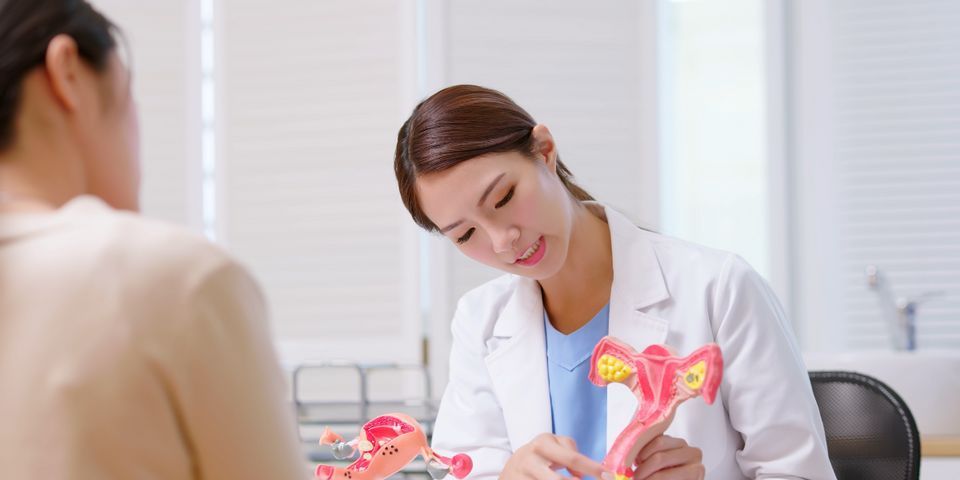FAQ About Preeclampsia During Pregnancy
Preeclampsia is a condition that describes the onset of high blood pressure, protein in the urine, or swelling that occurs during pregnancy or shortly after delivery. Although it can be scary to think about, your OB-GYN can help you identify risk factors and take a proactive approach to your health. For more information, consider the following guide.
A Brief Guide to Preeclampsia
What causes preeclampsia?
There is no specific underlying cause of preeclampsia, but many experts believe that it's rooted in genetics and blood flow to the uterus. However, there are a few risk factors that also play a role in its development. First-time mothers tend to have a higher risk, along with frequent pregnancies, obesity, and carrying multiples. It's best to work with your OB-GYN to identify and manage risk factors early on.
What are the symptoms?
One of the most notable signs of preeclampsia is an increase in swelling of the hands, feet, and legs. The degree of swelling can range from mild to severe. It may also be accompanied by high blood pressure, headaches, dizziness, and rapid weight gain. Other symptoms may include nausea, vision changes, a decrease in urination, and changes in mental state. If you're not feeling like yourself or are experiencing any symptoms that cause you to worry during pregnancy, see your OB-GYN.
How is preeclampsia treated?
Typically, preeclampsia occurs after the 34th week of pregnancy. If you begin to experience symptoms around this time, your doctor will develop a treatment plan to monitor your baby's health and address your symptoms until you're closer to your due date. This may include bed rest and heart rate monitoring in addition to blood pressure medication. The only way to truly treat preeclampsia is to give birth, but your OB-GYN will work with you to create a plan for the best outcomes for you and your baby.
Can it be prevented?
You can reduce your risk of experiencing preeclampsia by addressing any risk factors. The best way to help prevent this condition is to maintain a healthy weight throughout pregnancy, avoid smoking, and exercise regularly. This can help control your blood pressure, thus reducing your risk. Your doctor may also provide you with additional preventive actions specific to your health and history.
To help support a healthy pregnancy, put your trust in the OB-GYN doctors at Northwest Community Health Center in Libby, MT. You can rely on the experienced and honest medical staff at their facility, whether you need women's health services, a primary care physician, or behavioral health specialists. They accept most insurance policies but will also work with individuals who don't have coverage. To learn more about their services, visit their website, or call (406) 283-6900 to schedule an appointment today.














